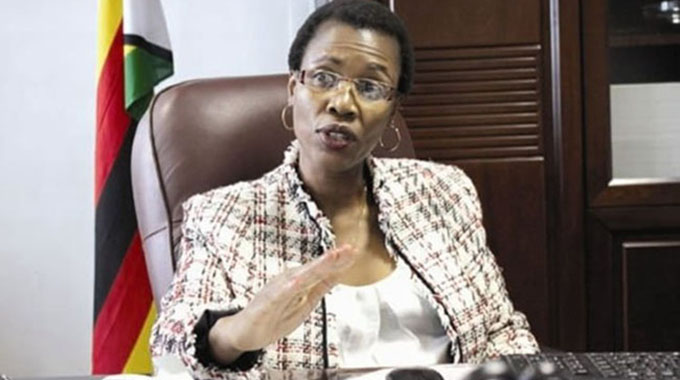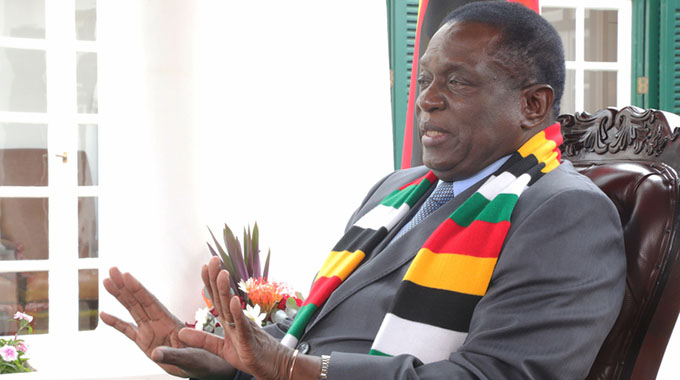Firms assured forex for holiday fuel

Sydney Kawadza Mashonaland West Bureau Chief
Government is taking adequate measures to ensure that the country has enough fuel during the forthcoming Independence and Easter holidays, a senior Government official has said.
Responding to concerns raised by the Hospitality Association of Zimbabwe that the fuel shortages being experienced across Zimbabwe would affect holiday travelling and hotel occupancy rates, Power and Energy Development secretary Dr Gloria Magombo said Government was mindful of the need to ensure fuel availability throughout the country during the Independence and Easter holidays.
Dr Magombo said the high volume of travellers during the holiday period meant more fuel would be required than would normally be the case.
“Government, working with the Reserve Bank of Zimbabwe, has already put in place measures to ensure adequate fuel supplies so as not to dampen the spirit of the holidays,” she said.
“Government has put in place foreign currency structures, mainly in the form of Letters of Credit, for oil companies to procure fuel. For some oil companies, such structures are already running, while for the rest of the companies the structures will kick-start before the holidays set in.”
Dr Magombo said the Zimbabwe Energy Regulatory Authority was also constantly monitoring the market and fuel allocations would be made once gaps were identified.
“On the basis of these structures, Government expects the fuel market to be reasonably supplied during the Independence and Easter holidays,” she said. “No inconvenience on the part of travellers is envisaged.
“The good thing is that adequate fuel is already in the country, held in bond, (and) just waiting for payment in foreign currency to be made before it is released onto the market.
“Upon payment for it, local oil companies can pick up the fuel either from Harare (Msasa and Mabvuku depots) or Mutare (Feruka Depot), thus ensuring a minimal turnaround time.”
Dr Magombo said people should not be worried about fuel supplies over the holiday period.
In an interview in Chinhoyi, HAZ president Mr Innocent Manyera said while most hotels in resort areas were expected to enjoy brisk business during the holidays, fuel shortages could affect travel plans.
“Hotels in resort areas are faring better than city hotels according to the industry’s forecasts ahead of the forthcoming holidays,” he said. “This is the natural trend where travellers avoid city hotels and go to resort areas.
“Different operators in the sector are tabling exciting packages in different formats to offer a memorable holiday experience. However, most of our Easter business is domestic travellers which might be affected by fuel prices and shortages of the product.”
Mr Manyera said the fuel shortages might restrict holiday travel.
“This is our worry and may also affect our pricing structures,” he said. “We expect Government to address these challenges ahead of the holidays.”
Zimbabwe has been facing fuel challenges over the past two weeks as the foreign currency situation continues to bite.
Government early this year also revealed that daily consumption of both diesel and petrol had risen by 342 percent and 650 percent respectively between April and October last year.
This, according to Energy and Power Development Minister Joram Gumbo, has put Government under huge pressure to provide adequate foreign currency to pay for the commodity.
Petrol consumption rose from 1 million litres per day to about 7,6 million litres per day, reflecting a 650 percent increase, while consumption of diesel rose from 1,9 million litres per day to about 7,6 million litres daily, a hefty 342 percent jump.
As a net fuel importer, Zimbabwe needs foreign currency to pay for the precious commodity, but low export receipts mean the country does not have adequate hard currency for the imports, especially after consumption sky-rocketed.









Comments